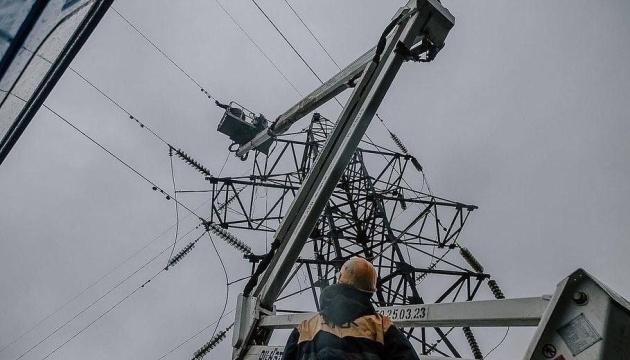European Economic Commissioner Paolo Gentiloni said on 25 July that the Group of Seven wealthy democracies will likely have a framework deal for a Russian-asset-backed $50 billion loan to Ukraine by October, Reuters reports.
Speaking on the sidelines of a G20 meeting in Rio de Janeiro, Gentiloni expressed confidence in the progress on both technical and political fronts.
“I think we are making very good progress technically and politically. We just had a meeting yesterday towards this extraordinary loan for Ukraine,” Gentiloni said, referring to a G7 ministers’ meeting.
The commissioner outlined a timeline for the deal, saying, “I am confident we will be able to have this in place by October. By October, I mean the frame. Then, of course, by the end of the year you have to go to markets, but every country is different.”
The proposed loan would be serviced using proceeds from approximately $300 billion in Russian central bank assets frozen by Western countries following Moscow’s invasion of Ukraine in early 2022.
While unanimous support for seizing the entire $300 billion in capital is lacking among G7 members, there is agreement that utilizing the profits generated by these assets is legally feasible.
A G7 source described recent discussions on the plan as “detailed and positive,” adding “shared optimism that all remaining questions can be resolved.”
The majority of the frozen funds, about 210 billion euros ($228 billion), are held in Europe, with smaller amounts in the United States, Britain, and Japan.
The European Union’s role in the asset freeze has raised concerns in the United States about the stability of the revenue stream backing the proposed loan. Washington has urged the EU to make its Russian asset freeze less vulnerable to potential disagreements among the 27 EU member states.
In response, the EU is considering options to enhance the legal certainty for potential bond buyers. These include an open-ended agreement on freezing Russian central bank assets, with changes possible only during annual reviews if Russian aggression ends and compensation assurances are provided.
Another option under consideration is extending the current six-month renewal period for the freeze to 12, 24, or even 36 months.
However, any changes to the EU’s asset freeze policy would require unanimous approval from all 27 member states, with Hungary, known for its close ties to Russia, potentially objecting.
Read also:
- Russians to train schoolchildren from occupied Luhansk for war against Ukraine
- Russian drone attack damages power facilities in Chernihiv, Zhytomyr oblasts as Ukraine downs 20/22 UAVs
- Russian invaders shell Donetsk region nearly 3,000 times in past day, injuring three civilians







